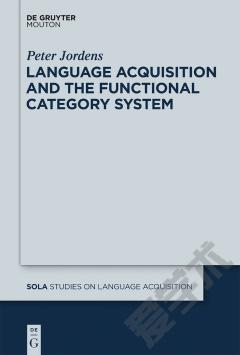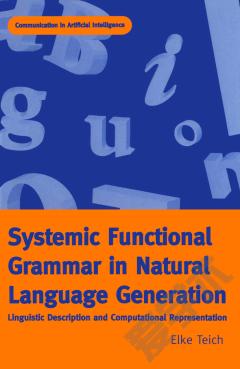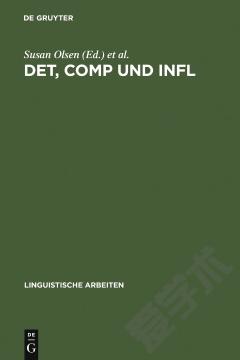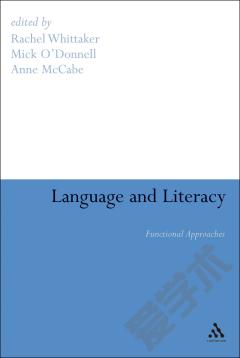Language Acquisition And The Functional Category System
Finiteness as a concept of information structure determines the perspective from which the present investigation has been carried out. The linguistic status of finiteness in learner languages changes as a function of language development. This accounts for the fact that at consecutive stages of acquisition finiteness is expressed differently. Finiteness as it plays a role at different stages of development, serves thus as the anchoring point from which the dynamics of the process of language development both in L1 and L2 learners can be explained. The present study shows that in this process the auxiliary verb ( heb/heeft) serves a crucial role due to its function as a topicalization device. Knowledge of processes of language acquisition is relevant for the development of regular and remedial methods of language teaching, both in L2-instruction contexts and in situations of language impairment.
{{comment.content}}








 京公网安备 11010802027623号
京公网安备 11010802027623号